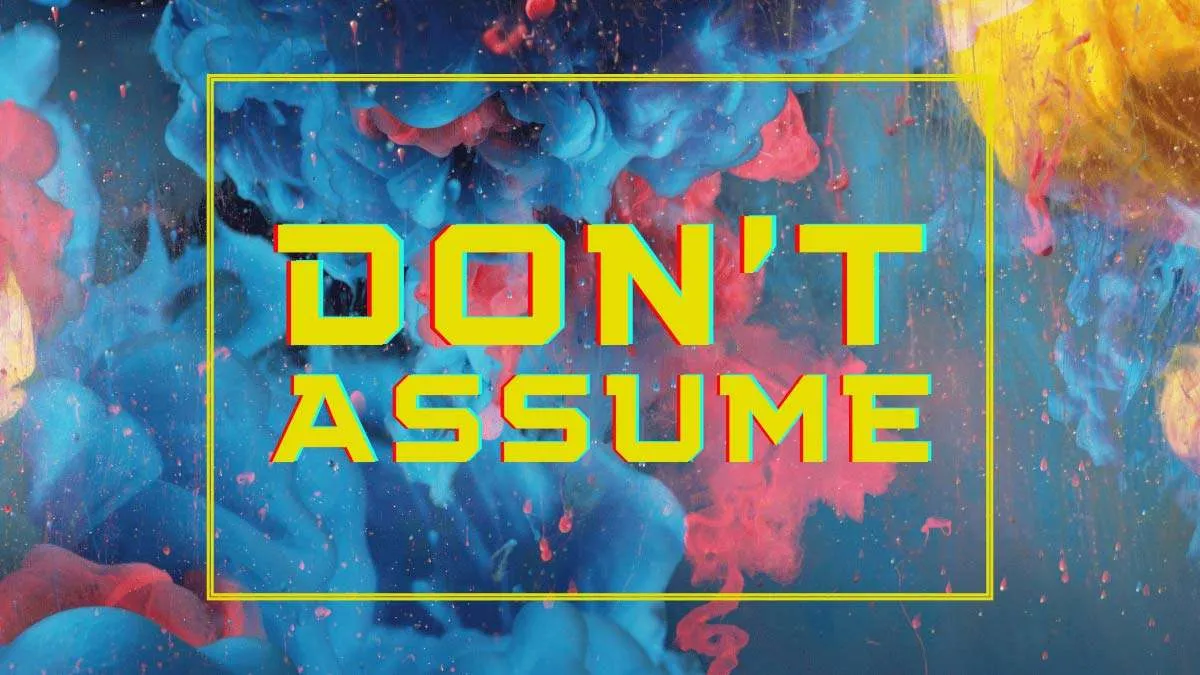Stereotypes are prevalent in our society and can be found in various forms of media. Ethnic stereotypes, in particular, are often perpetuated in popular media, including movies, TV shows, and advertisements. These stereotypes are often used as a shorthand to represent certain ethnic, cultural or racial groups, but they can also reinforce negative beliefs and contribute to discrimination and inequality.
In this blog, I explore some common examples of ethnic stereotypes in popular media and discuss how they can affect our perceptions and attitudes toward certain groups.
Black Stereotypes in Media
One of the most common ethnic stereotypes in popular media is the portrayal of Black people as violent, uneducated, and prone to criminal behavior. These stereotypes are often reinforced in crime dramas and action movies, where Black characters are often depicted as gang members or drug dealers. These depictions are harmful because they contribute to the criminalization of Black people and perpetuate the idea that they are a threat to society. Importantly, these stereotypes bleed into important policies that are often used to justify racial profiling in the criminal justice system, which we know can have deadly consequences.
Another common stereotype is the portrayal of Black women as aggressive and “sassy.” This stereotype is often seen in comedies and reality TV shows, where Black women are expected to be loud and confrontational. This type of representation is problematic because it reinforces negative stereotypes about Black women and can lead to discrimination and bias.
The angry Black woman stereotype is so pervasive in society that researchers have taken the time to analyze it, linking it to the history of slavery in the United States. For example, anger, at its core, is a survival mechanism. With that in mind, it is no surprise that Black women, who have been historically disadvantaged by their race, gender, and social class status, have adopted it. And with power linked to every aspect of society, it is also no surprise that social institutions such as the media have weaponized that survival mechanism against this group to invoke more oppression for an already oppressed group.
Latinx Stereotypes in Media
Latinx people are often stereotyped as being lazy, uneducated, and prone to criminal behavior. This stereotype is often seen in movies and TV shows, where Latinx characters are portrayed as gang members or drug dealers. This type of representation is harmful because it reinforces negative beliefs about Latinx people and can lead to discrimination and inequality.
Another common stereotype is the portrayal of Latino men as hypersexual and aggressive. This stereotype is often seen in music videos and movies, where Latino men are depicted as being sexually aggressive and dominant. This type of representation is harmful because it perpetuates the idea that Latino men are not to be trusted and can lead to sexual harassment and assault.
These stereotypes do not slip under the radar. They have real impacts on real individuals lives. For example, research has shown that Latina women believe stereotypes in the media impact how they perceive themselves and how others interact with them. These perceptions can lead Latinx people to act in certain ways that avoid confirming negative stereotypes about their ethnic group—a process social scientists call stereotype threat. As you might imagine, this constant hyper vigilance about how oneself is perceived can be exhausting and lead to negative mental health outcomes.
Asian Stereotypes in Media
Asian stereotypes are also often perpetuated in popular media, with Asian characters being portrayed as nerdy, submissive, and exotic. These stereotypes are harmful because they reinforce negative beliefs about Asians and can lead to discrimination and bias. Often touted as the “model minority,” Asian Americans are sometimes told these positive stereotypes benefit them. But regardless of how positive a stereotype may seem, it still erases differences among diverse groups, and Asian American is a huge umbrella term for an incredibly ethnically diverse region of the world.
The hyper sexualization of Asian women is another pervasive and harmful stereotype. This stereotype is often seen in movies and TV shows, where Asian women are depicted as being quiet and obedient while also exotic and seductive. This type of representation is problematic because it reinforces the idea that Asian women are passive and submissive, which can lead to discrimination and sexual harassment. Researchers have also discussed the link between hypersexualization of Asian women and violence against this group, referencing the case in Atlanta, GA where a sexually motivated man with a gun targeted Asian massage parlors, murdering eight people.
We can make a similar observation on the relationship between perceptions of ethnic groups and violence if we look at the spike in violence against Asian Americans during the height of the COVID-19 pandemic. With the rise of hateful discourse surrounding the Chinese origin of the virus came a rise of Anti-Asian hate crimes, including verbal and physical violence. This specific case demonstrates how racially or ethnically charged stereotypes can lead to negative actions towards individuals of that racial or ethnic group.
Check out this insightful resource on anti-asian discrimination: 30+ Anti-Asian Hate Statistics: Prevalence, Impacts, & Causes in 2024 to learn more!
Concluding Thoughts on Ethnic Stereotypes
Ethnic stereotypes in popular media can have a significant impact on our perceptions and attitudes. They can reinforce negative beliefs and contribute to discrimination and inequality. Even when they appear to be positive, stereotypes still limit the perceptions we hold of individuals in certain groups, highlighting their negative impact. It is important to be aware of these stereotypes and to actively work to challenge them. By recognizing and challenging ethnic stereotypes in popular media, we can help create a more inclusive and equitable society that allows individuals to be just that: individuals.







